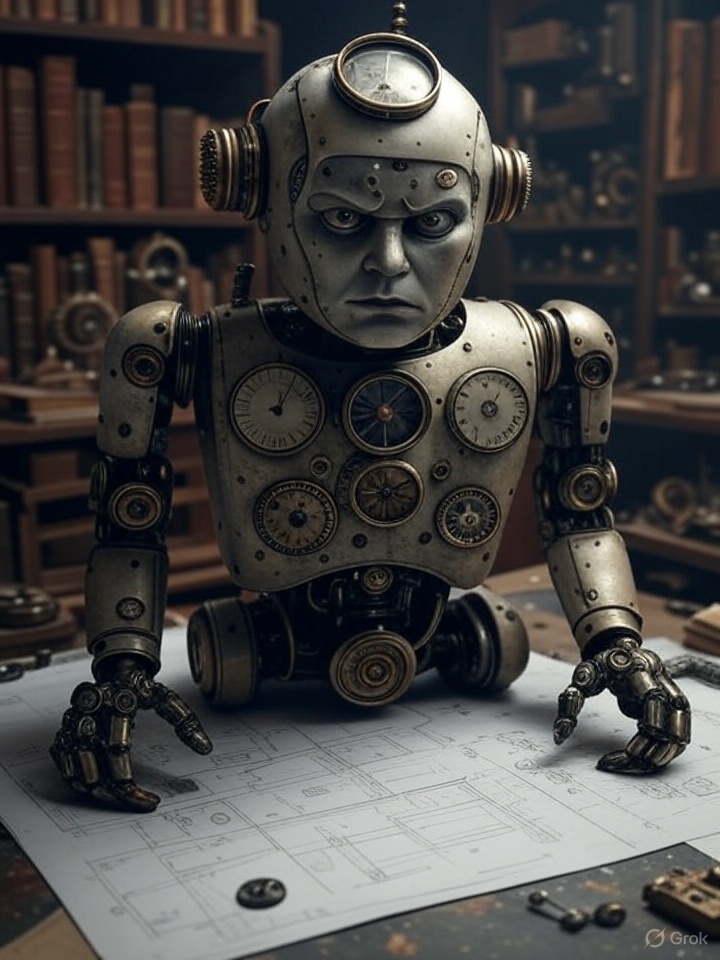The intersection of copyright law and artificial intelligence (AI) development has sparked a contentious debate, and recent remarks from Nick Clegg, Meta’s President of Global Affairs and former UK Deputy Prime Minister, have thrown fuel on the fire.
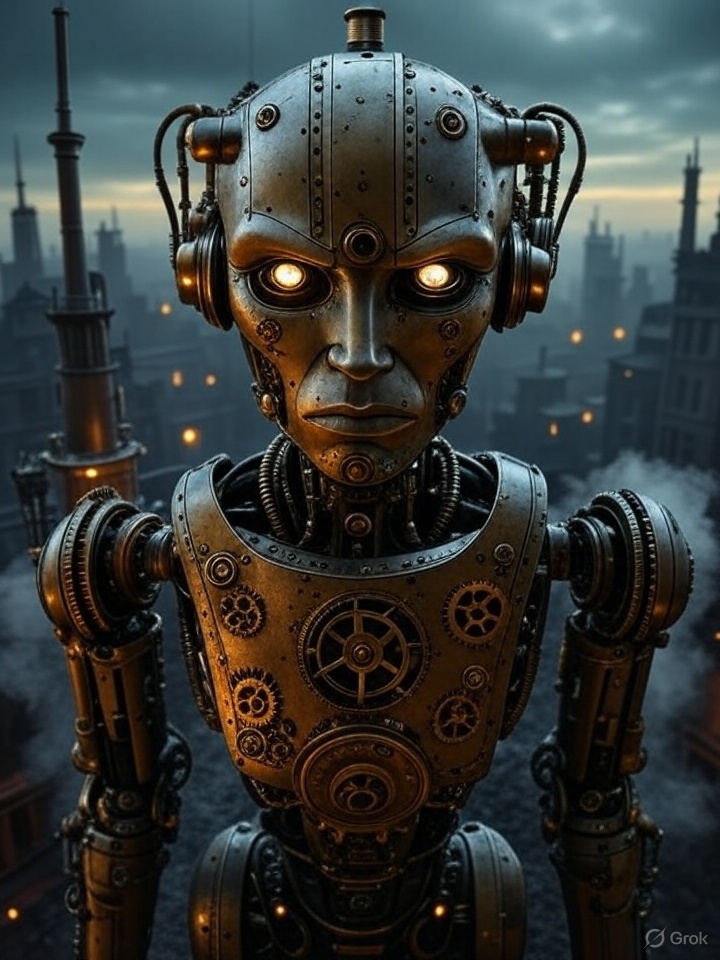 In a statement that sounds like it was ripped from a dystopian sci-fi script, Clegg suggested that the entire AI industry could collapse overnight if developers of large language models were required to seek permission to use copyrighted content for training.
In a statement that sounds like it was ripped from a dystopian sci-fi script, Clegg suggested that the entire AI industry could collapse overnight if developers of large language models were required to seek permission to use copyrighted content for training.
Yes, you read that right: respecting intellectual property might just bring the AI revolution to a screeching halt.
This raises a profound ethical and practical dilemma. On one hand, copyright law exists to protect creators, ensuring they control and profit from their intellectual output. It’s a cornerstone of creative industries, from literature to music to software. On the other hand, AI developers argue that their systems require vast, unrestricted access to data — any data — to fuel innovation.
The idea of seeking permission for every piece of content used to train AI models is, in their view, a logistical nightmare that stifles progress. Clegg’s stance seems to imply that the needs of AI giants like Meta outweigh the rights of individual creators.
It’s a bold claim, and one that reeks of hypocrisy when you consider that companies like Meta stand to profit massively from AI without necessarily compensating the creators whose work powers it.
Let’s break this down. AI models, particularly large language models like those behind ChatGPT or Meta’s own AI endeavors, are trained on massive datasets scraped from the internet — think books, articles, social media posts, images, and more. The catch? Much of this content is protected by copyright.
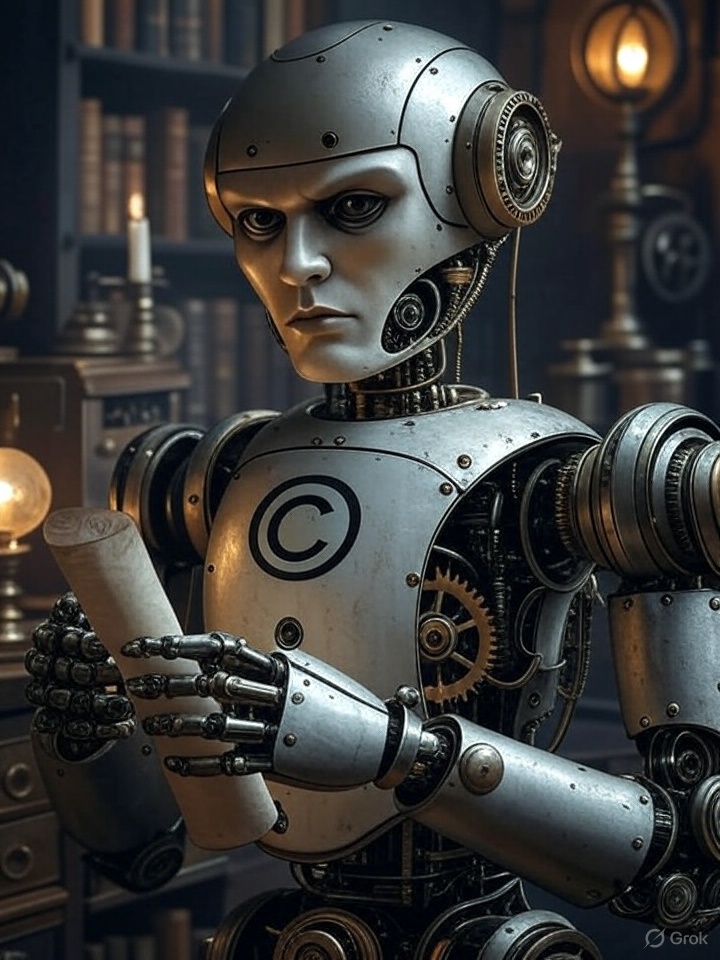 Developers argue that obtaining permission for every piece of data is impractical, if not impossible.
Developers argue that obtaining permission for every piece of data is impractical, if not impossible.
They claim that AI training constitutes “fair use” (in U.S. legal terms) or falls under similar exemptions elsewhere, as the data is transformed into something new: a model that generates original outputs.
But creators and rights holders aren’t convinced. To them, it looks like their work is being exploited to build someone else’s billion-dollar product without so much as a thank-you note.
Clegg’s argument takes this a step further, framing copyright as an existential threat to AI innovation. It’s a convenient narrative for tech giants: portray creators’ rights as a roadblock to progress, and suddenly, the moral high ground shifts.
Why bother with permissions when you’re building a chatbot that can generate viral memes or write poetry on demand? The implication is that creators should be thrilled to contribute to the “greater good” of AI development, even if it means giving up control over their work— and any potential compensation.
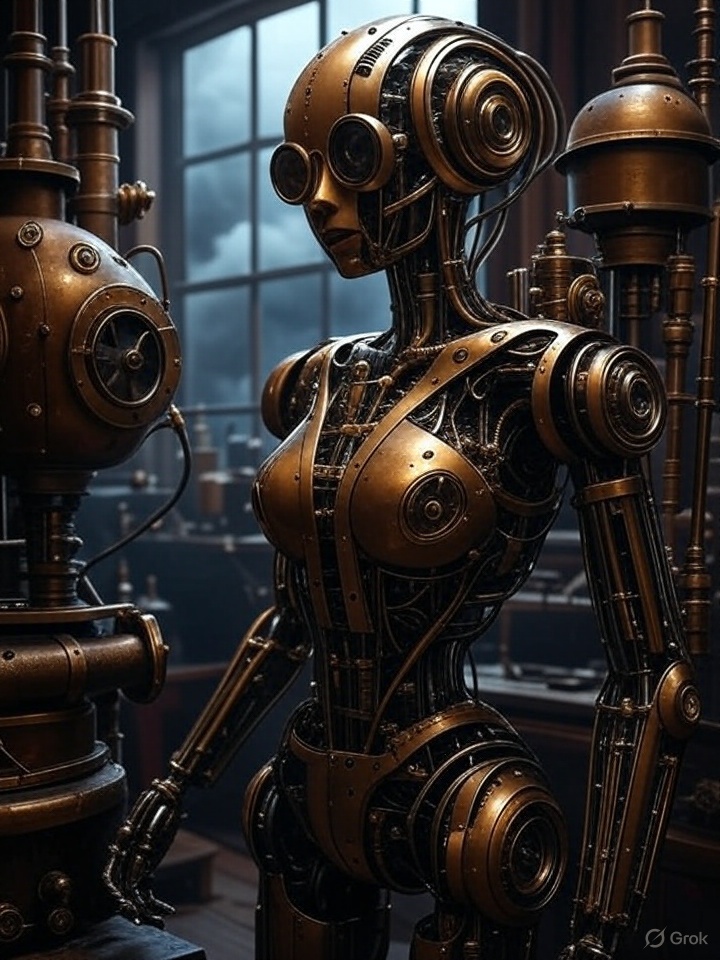 This stance paints a grim, cyberpunk-esque picture of a future where the market claims to be free and fair but operates on a tiered system of power. Tech companies, it seems, are “more equal” than the artists, writers, and musicians whose work they ingest.
This stance paints a grim, cyberpunk-esque picture of a future where the market claims to be free and fair but operates on a tiered system of power. Tech companies, it seems, are “more equal” than the artists, writers, and musicians whose work they ingest.
The opacity doesn’t help: most AI developers, including Meta, are notoriously cagey about the datasets they use, citing proprietary concerns. If they’re not paying for the data and won’t even disclose its sources, where does that leave creators? Out in the cold, apparently, while their work fuels someone else’s AI empire.
So, is it time to abandon copyright, as the provocative question suggests? Hardly. Copyright, for all its flaws, remains a critical safeguard for creators in an increasingly digital world. Scrapping it would likely exacerbate inequality, giving tech giants free rein to exploit creative work while offering nothing in return.
A better solution lies in balance: clear legal frameworks that allow AI developers to access data for training while ensuring creators are fairly compensated or, at the very least, acknowledged. Some propose licensing models, where creators opt in and receive royalties for their data’s use.
Others advocate for stricter enforcement of existing laws to prevent unauthorized scraping.
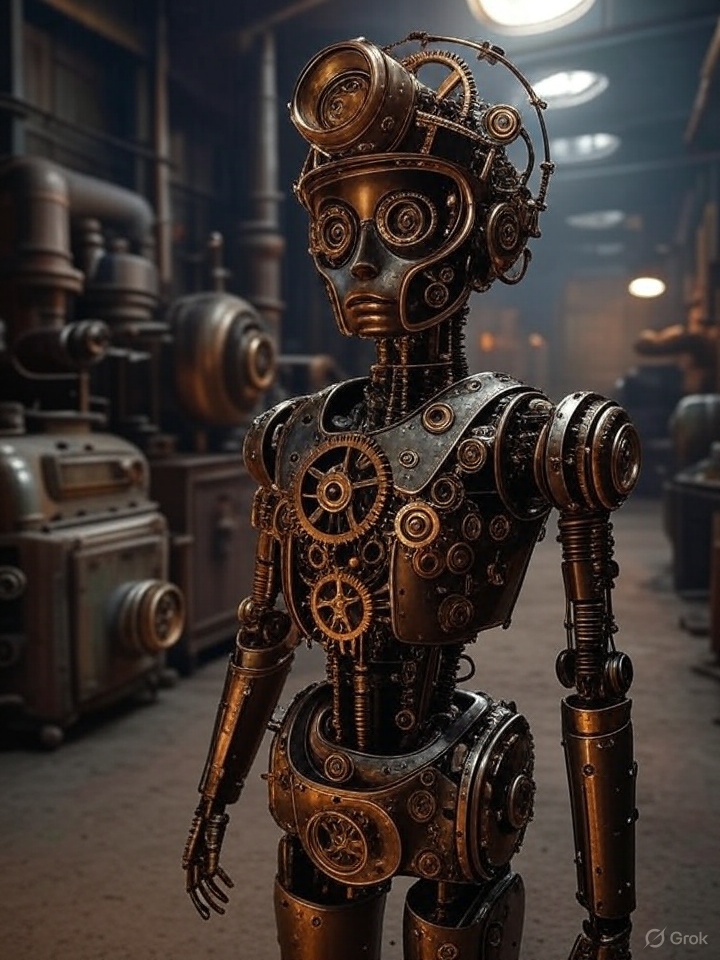 Also read:
Also read:
- Telegram Climbs Global Download Rankings in Q1 2025 as Meta Apps Decline, While TikTok Reclaims Top Spot from Instagram
- Quasa Rewards Technology: Crafted for Creators & Brands
- Dyson Unveils the World’s Thinnest Vacuum Cleaner: A Game-Changer for Compact Cleaning
The irony is that AI, often hailed as a democratizing force, risks entrenching a new kind of digital feudalism — one where a handful of corporations dictate the terms and creators are left scrambling for scraps.
Clegg’s comments, far from resolving the issue, expose the tension at the heart of AI’s growth: innovation at the expense of fairness.
If we’re to avoid a dystopian outcome, the conversation needs to shift from “copyright vs. AI” to “how can AI and creators coexist?”
Otherwise, we’re just building a shinier matrix, where the only winners are the ones coding the chatbots.

